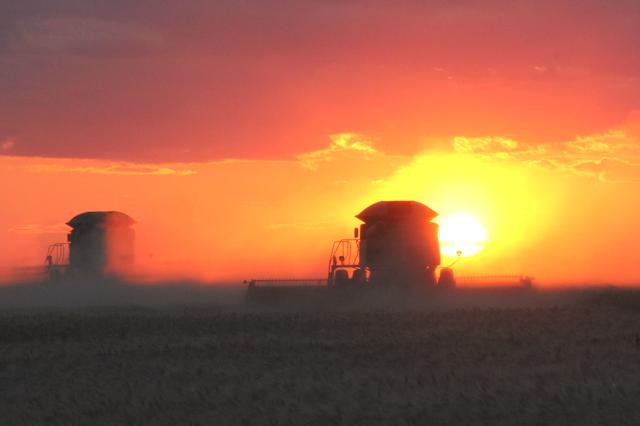The Nature Conservancy of Canada will hold the first BioBlitz starting at 9 a.m. on Saturday, June 24 at Wideview, the new conservation property that it purchased next to Grasslands National Park. NCC is also inviting the public to volunteer for the project.
Wideview encompasses over 3,021 acres of native grasslands. It was purchased in March with a major contribution from the Government of Canada through the Habitat Stewardship Program and through the Natural Areas Conservation Program, a public-private partnership to accelerate conservation. Wideview is located in the Milk River Basin and is part of the world’s most endangered ecosystem, the grasslands. The threatened species Sprague’s pipit and ferruginous hawk have both been found at Wideview.
The BioBlitz is the next big step in conserving this property. For this event, the NCC is asking the public to help identify as many native and invasive species as possible. Conservationists then compile the data collected and use it to create species lists and a baseline inventory. This information becomes crucial for making decisions about the area’s property management plan, which includes the steps we will take to conserve it.
“To effectively conserve the property, we need to know what plant species are growing here, and what animals are using it as their home,” said Kylie Garchinski, the acting natural areas manager for Wideview. “That’s a huge undertaking, which is why we encourage the public to come and help.” Volunteers will be finding a section of the property and identifying plants, as well as animals they encounter. The public with all levels of expertise and knowledge is welcome. The physical component is minimal and NCC staff will assist with the identification of species. Those who would like to volunteer with BioBlitz can sign up online at www.conservationvolunteers.ca.
The Nature Conservancy of Canada is the country’s leading land conservation organization, working to protect the most important natural areas and the species they sustain. Since 1962, NCC and its partners have helped to protect 2.8 million acres across the country. In Saskatchewan, NCC has conserved 150,000 acres of ecologically significant land.




